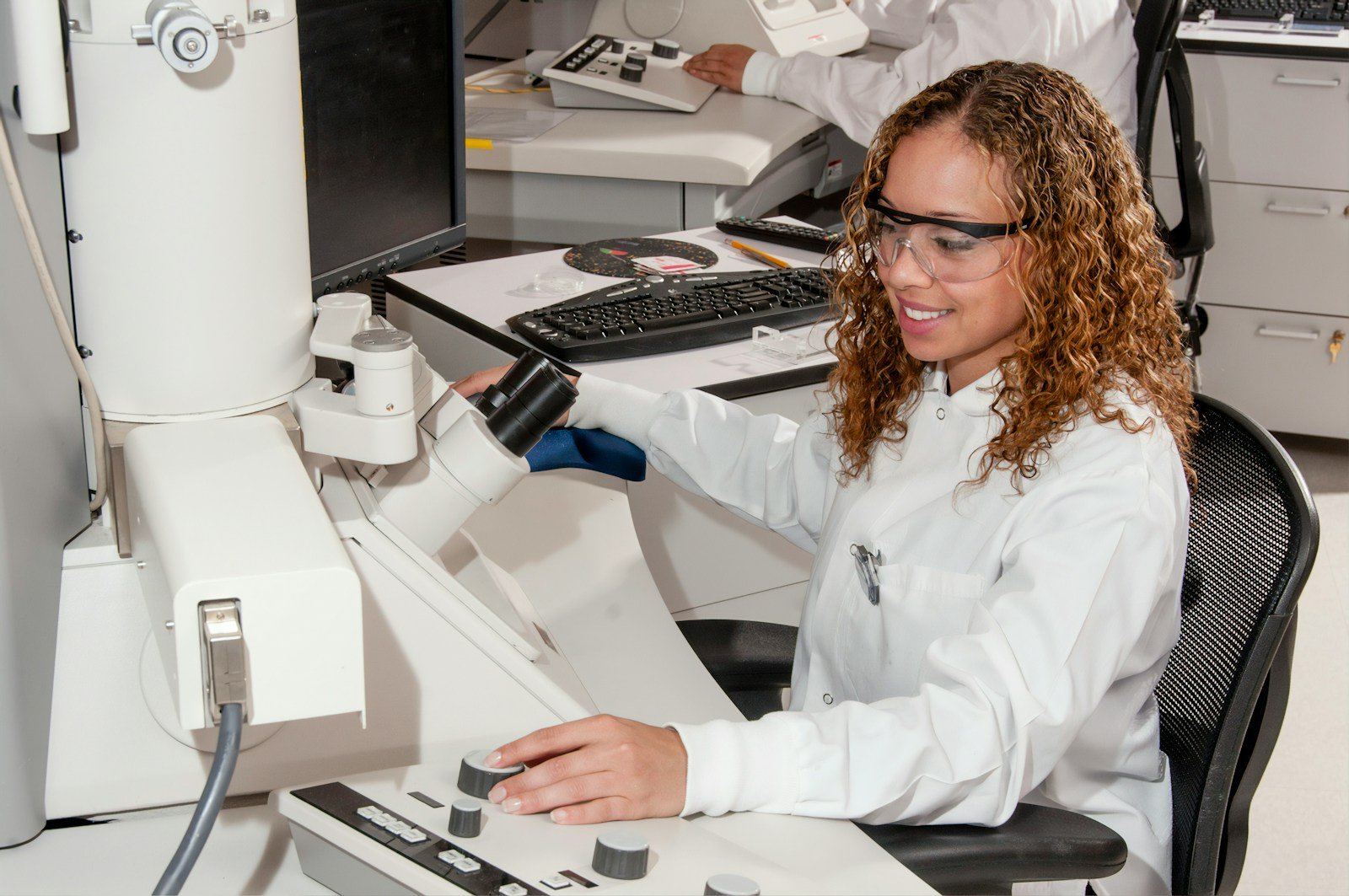Genetic counseling is a rapidly evolving field at the intersection of healthcare, genetics, and psychology. As technological advancements make genetic testing more accessible, the demand for skilled genetic counselors has increased. These professionals play a critical role in helping individuals and families understand genetic information and its implications for health and disease prevention. For those intrigued by genetics and health sciences, becoming a genetic counselor can be a rewarding career choice. This article explores the essential steps and considerations for pursuing a career in genetic counseling.
Understanding the Role of a Genetic Counselor

Genetic counselors are healthcare professionals with specialized training in medical genetics and counseling. They provide support and guidance to individuals considering or undergoing genetic testing. The primary responsibilities involve assessing the risk of genetic disorders, interpreting test results, and helping patients understand their options for managing or preventing genetic conditions. Genetic counselors work in various settings, including hospitals, clinics, research organizations, and private practice.
Educational Path: Laying the Foundation

To become a genetic counselor, one must follow a structured educational pathway. The journey typically begins with obtaining a bachelor’s degree. While genetics, biology, and psychology are popular undergraduate majors, degrees in related fields such as nursing, social work, or public health can also be appropriate. During this time, gaining research experience or volunteer work in healthcare settings can be advantageous.
Advanced Studies: Pursuing a Master’s Degree in Genetic Counseling

The next step to becoming a genetic counselor is to earn a master’s degree in genetic counseling from an accredited program. These programs, typically two years in duration, provide a comprehensive blend of coursework and clinical experience. Students learn about human genetics, ethical issues, psychological counseling, and risk assessment. They also complete clinical rotations to gain hands-on experience under the supervision of experienced genetic counselors.
Certification and Licensure: Meeting Professional Standards

After completing a master’s degree, aspiring genetic counselors must obtain certification to practice professionally. In the United States, the American Board of Genetic Counseling (ABGC) administers the certification exam. Upon passing this exam, candidates earn the Certified Genetic Counselor (CGC) credential, demonstrating their competence in the field. Moreover, some states require genetic counselors to be licensed, necessitating an additional step based on individual state requirements.
Building Essential Skills: Communication and Empathy

Successful genetic counselors possess a variety of skills that are critical in their day-to-day work. Strong communication skills are essential, as they need to convey complex genetic information in an understandable manner. Empathy and active listening are crucial for providing emotional support to clients, many of whom may be experiencing anxiety about their health or that of their family members.
Exploring Specializations and Career Opportunities

Genetic counseling offers several specialization opportunities, allowing professionals to focus on areas such as prenatal, cancer, pediatric, or cardiovascular genetics, among others. Each specialization requires understanding the specific genetic concerns associated with that area of healthcare. Career opportunities abound in clinical settings, research institutions, laboratories, and educational roles.
Working with Diverse Populations: Cultural Competency

Cultural competency is an important aspect of genetic counseling. Counselors often work with clients from diverse backgrounds, requiring sensitivity to cultural beliefs and practices that may influence healthcare decisions. Understanding and respecting these differences helps counselors provide more personalized and effective guidance.
Continuing Education: Staying Informed

Genetic counseling is a dynamic field that constantly evolves with new research and technological developments. Continuing education is vital for maintaining certification and staying informed about the latest advancements in genetics and counseling practices. Many genetic counselors attend workshops, conferences, and participate in professional organizations to enhance their knowledge and skills.
Conclusion: A Fulfilling Career Path

Becoming a genetic counselor is a fulfilling career path for those interested in genetics, healthcare, and patient support. By guiding individuals through complex genetic information and assisting in disease prevention, genetic counselors make a profound impact on people’s lives. With the right education, certification, and skills, aspiring genetic counselors can embark on a rewarding journey in this ever-evolving field.



